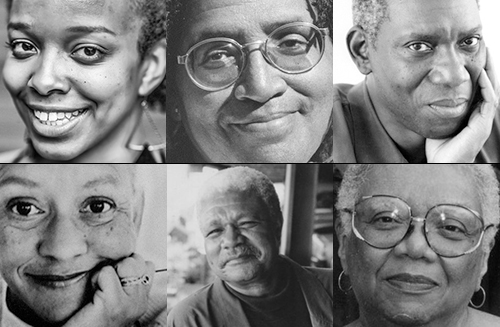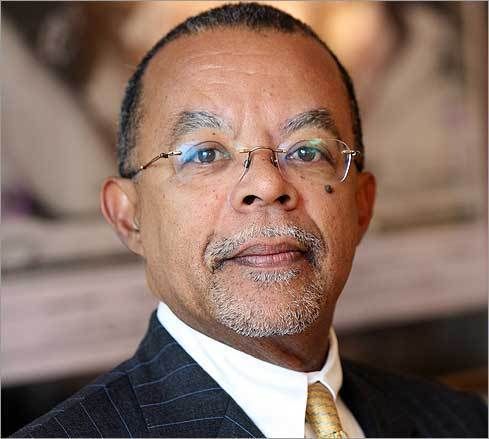Paschal Beverly Randolph.
Randolph grew up in New York City. He was a free man of mixed-race ancestry, descendant of
William Randolph. His father was a nephew of
John Randolph of Roanoke and his mother was Flora Beverly, whom he later described as a woman of mixed English, French, German,
Native American and
Malagasy ancestry.
[2]This background led to his being a spokesman for the abolition of
slavery. His mother died when he was young, leaving him homeless and penniless; he ran away to sea in order to support himself. A peripatetic man, he lived in many places, including New York state, New Orleans, San Francisco, and
Toledo, Ohio. He married twice: his first wife was African-American, his second wife was Irish-American.
Early lifeEdit
As a teen and young man, Randolph traveled widely, due to his work aboard sailing vessels. He journeyed to England, through Europe, and as far east as
Persia, where his interest in mysticism and the occult led him to study with local practitioners of folk magic and varied religions. On these travels he also met and befriended occultists in England and Paris, France. Returning to New York City in September 1855, after "a long tour in Europe and Africa," he gave a public lecture to African Americans on the subject of immigrating to India. Randolph thinks that "the Negro is destined to extinction" in the United States.
[3]
CareerEdit
After leaving the sea, Randolph embarked upon a public career as a lecturer and writer. By his mid-twenties, he regularly appeared on stage as a
trance medium and advertised his services as a spiritual practitioner in magazines associated with
Spiritualism. Like many Spiritualists of his era, he lectured in favor of the
abolition of
slavery; after emancipation, he taught literacy to freed slaves in New Orleans.
In addition to his work as a
trance medium, Randolph trained as a doctor of medicine and wrote and published both fictional and instructive books based on his theories of health, sexuality, Spiritualism and
occultism. He authored more than fifty works on magic and medicine, established an independent publishing company, and was an avid promoter of
birth control during a time when it was largely against the law to mention this topic.
Having long used the pseudonym "The Rosicrucian" for his Spiritualist and occult writings, Randolph eventually founded the
Fraternitas Rosae Crucis, the oldest
Rosicrucian organization in the United States, which dates back to the era of the
American Civil War. This group, still in existence, today avoids mention of Randolph's interest in
sex magic, but his magico-sexual theories and techniques formed the basis of much of the teachings of another occult fraternity, The
Hermetic Brotherhood of Luxor, although it is not clear that Randolph himself was ever personally associated with the Brotherhood.
[4]
In 1851, Randolph made the acquaintance of
Abraham Lincoln. Their friendship was close enough that, when Lincoln was assassinated in 1865, Randolph accompanied Lincoln's funeral procession in a train to
Springfield, Illinois. However, Randolph was asked to leave the train when some passengers objected to the presence of an African American in their midst.[
citation needed]
Randolph was the principal of the Lloyd Garrison School in New Orleans when on October 14, 1865, he wrote to Garrison in Boston requesting assistance for his school.
[5]
Pre-AdamismEdit
Randolph was a believer in
pre-Adamism (the belief that humans existed on earth before the Biblical Adam) he wrote the book
Pre-Adamite Man: demonstrating the existence of the human race upon the earth 100,000 thousand years ago! under the name of Griffin Lee in 1863. His book was a unique contribution towards pre-Adamism because it wasn't strictly based on biblical grounds. Randolph used a wide range of sources to write his book from many different world traditions,
esoterica and ancient religions. Randolph traveled to many countries of the world where he wrote different parts of his book. In the book Paschal claims that
Adam was not the first man and that pre-Adamite men existed on all continents around the globe 35,000 years to 100,000 years ago. His book was different from many of the other writings from other pre-Adamite authors because in Randolph's book he claims the pre-Adamites were civilised men while other pre-Adamite authors argued that the pre-Adamites were beasts or
hominids.
[6]
DeathEdit
Randolph died in Toledo, Ohio, at the age of 49, under disputed circumstances. According to biographer Carl Edwin Lindgren, many questioned the newspaper article "By His Own Hand" that appeared in
The Toledo Daily Blade. According to this article, Randolph had died from a self-inflicted wound to the head. However, many of his writings express his aversion to suicide.
R. Swinburne Clymer, a later Supreme Master of the
Fraternitas, stated that years after Randolph's demise, in a death-bed confession, a former friend of Randolph had conceded that in a state of jealousy and temporary insanity, he had killed Randolph. Lucus County Probate Court records list the death as accidental. Randolph was succeeded as Supreme Grand Master of the Fraternitas, and in other titles, by his chosen successor
Freeman B. Dowd.
In 1996, the biography
Paschal Beverly Randolph: A Nineteenth-Century Black American Spiritualist, Rosicrucian, and Sex Magician by John Patrick Deveney and Franklin Rosemont was published.
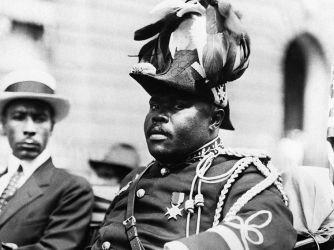
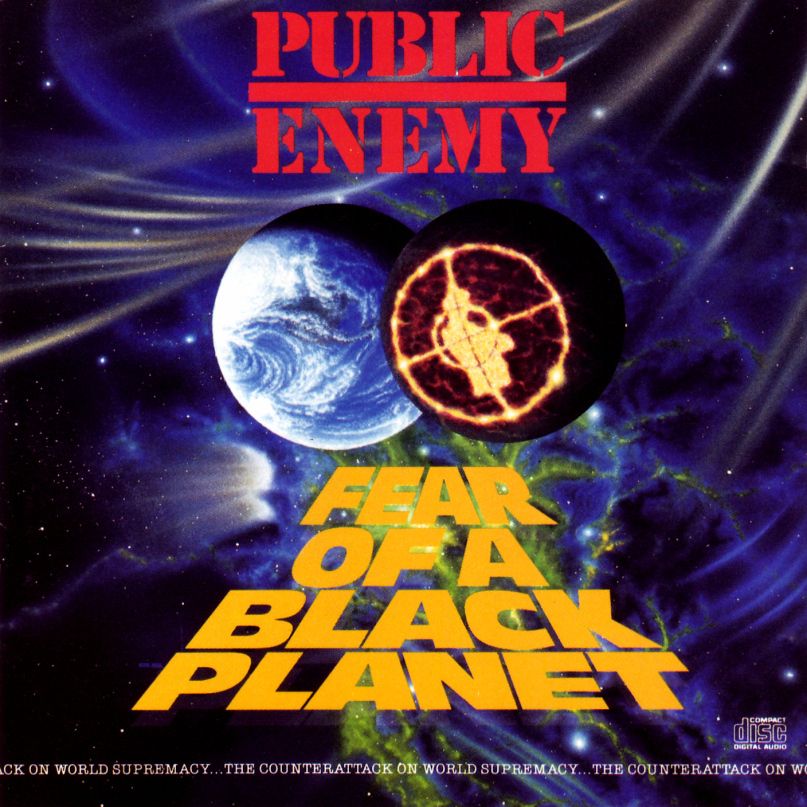
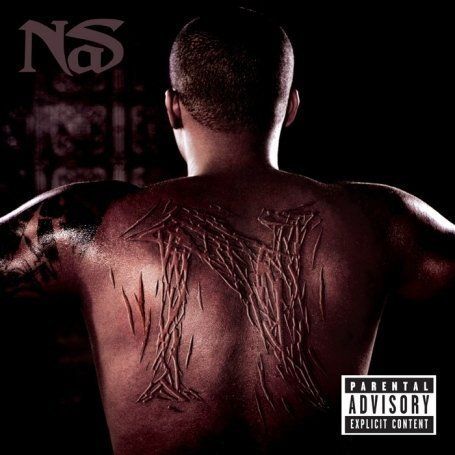
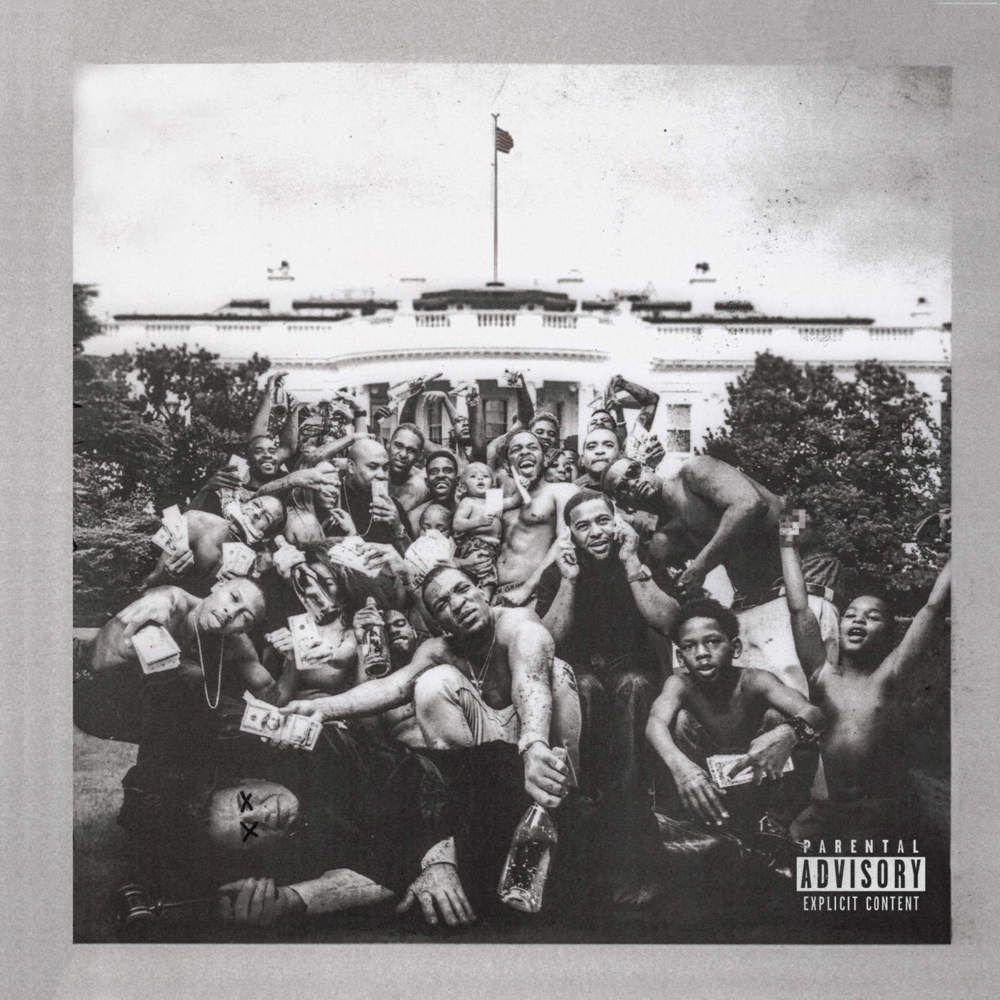
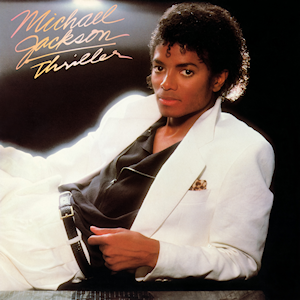


 we really gonna include that album. It has little to no affect on the Black community.
we really gonna include that album. It has little to no affect on the Black community.


